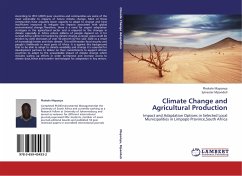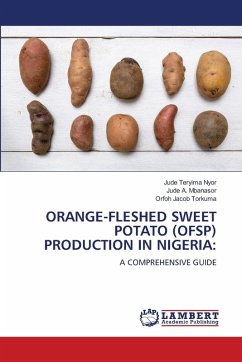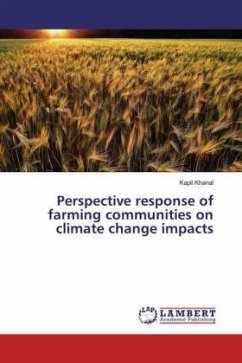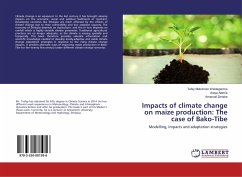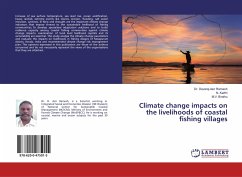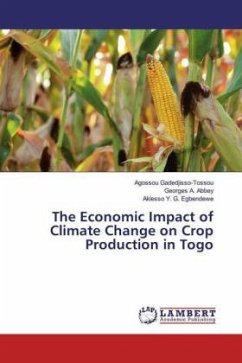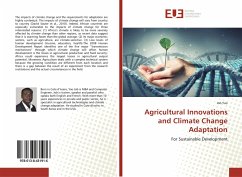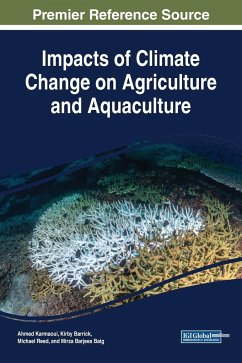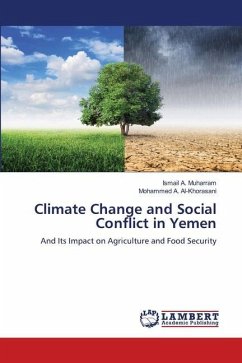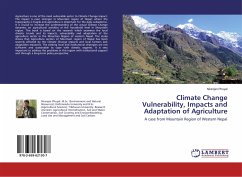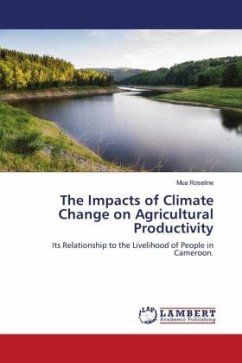
The Impacts of Climate Change on Agricultural Productivity
Its Relationship to the Livelihood of People in Cameroon.
Versandkostenfrei!
Versandfertig in 6-10 Tagen
40,99 €
inkl. MwSt.

PAYBACK Punkte
20 °P sammeln!
There are mounting reports hypothesizing persistence in global climate change to be associated with environmental degradation, global warming, extinction of species, deforestation, soil erosion, and pollution; expediting poor agricultural production, food insecurity, and the prevalence of diseases that severely affect farmers' livelihoods. Even though it is a global issue, developing countries whose economies depend mainly on agriculture, particularly Cameroon in Sub-Saharan Africa, are greatly affected. The livelihoods of people in Sub-Saharan African countries are currently intimidated by a ...
There are mounting reports hypothesizing persistence in global climate change to be associated with environmental degradation, global warming, extinction of species, deforestation, soil erosion, and pollution; expediting poor agricultural production, food insecurity, and the prevalence of diseases that severely affect farmers' livelihoods. Even though it is a global issue, developing countries whose economies depend mainly on agriculture, particularly Cameroon in Sub-Saharan Africa, are greatly affected. The livelihoods of people in Sub-Saharan African countries are currently intimidated by a decline in agricultural productivity caused by climate change. This has precipitated food shortages and increased the poverty margin in most Sub-Saharan African countries owing to their annual multiplicity of population. Cameroon is a case of Sub-Saharan African country threatened by food shortages. In 1990, this country's economy was hit by climate change impacts causing severe food insecurity and acute poverty. Cameroon is still to be fully recovered from this crisis despite several developmental programs issued by the United Nations.



